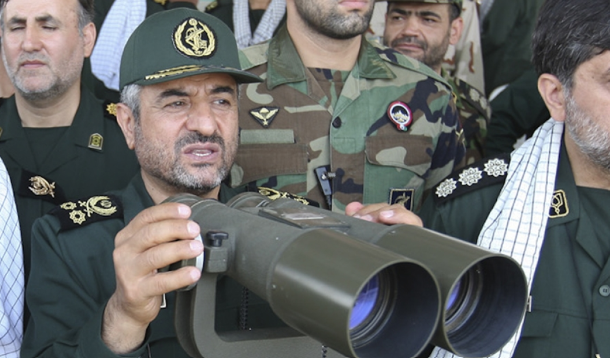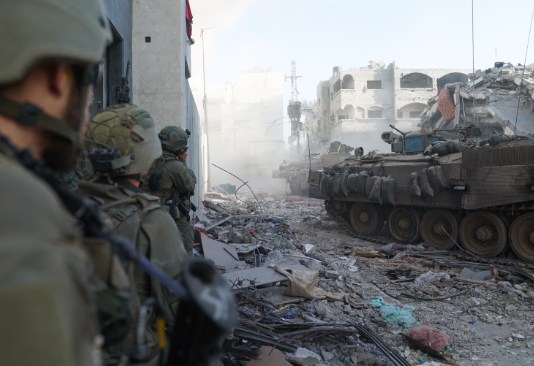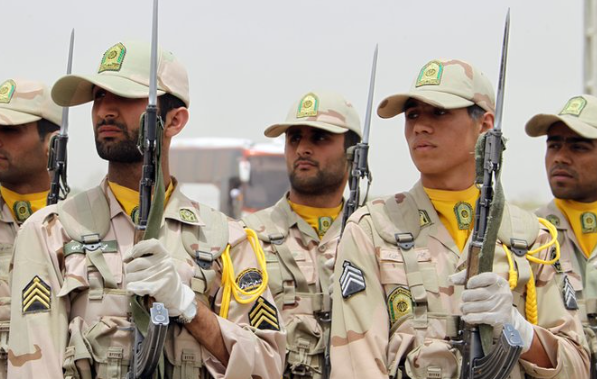
Iran Bold Assault on Jaish al-Adl Base Ignites Diplomatic Turmoil with Pakistan
Iran Bold Strike: Jaish al-Adl Base Decimated, Ignites Explosive Diplomatic Crisis
In the wake of a dual suicide bombing claimed by the Islamic State earlier this month, Iran has unleashed a series of military strikes that have escalated tensions in the region. The latest incident involves an alleged Iranian airstrike in Pakistan, resulting in the loss of two children’s lives and injuries to three others. Pakistan vehemently protests what it deems an “illegal” violation of its airspace, summoning Tehran’s top diplomat in Islamabad to express its outrage.

Iran’s state-run IRNA news agency and state television reported the use of missiles and drones in the strikes, attributing the attack to Iran‘s paramilitary Revolutionary Guard. The targeted bases belonged to the militant group Jaish al-Adl, further complicating an already volatile Middle East marked by Israel’s conflict with Hamas in the Gaza Strip. Jaish al-Adl, also known as the “Army of Justice,” is a Sunni militant group operating primarily in Pakistan since its founding in 2012. The group has a history of claiming responsibility for bombings and abductions of Iranian border police.
While Iran has previously engaged in border clashes with militants, launching a missile-and-drone attack on Pakistan represents an unprecedented move. Pakistan strongly condemns the violation of its sovereignty, labeling it “completely unacceptable” and warning of potential serious consequences. The airstrike has strained relations between Tehran and Islamabad, with accusations of allowing militants to operate from each other’s territories resurfacing. Pakistan expressed heightened concern over the incident, emphasizing the “illegal act” despite established communication channels between the two nations.

“It is even more concerning that this illegal act has taken place despite the existence of several channels of communication between Pakistan and Iran. Pakistan’s strong protest has already been lodged with the concerned senior official in the ministry of foreign affairs in Tehran,” the Pakistani foreign ministry stated. “Such unilateral acts are not in conformity with good neighborly relations and can seriously undermine bilateral trust and confidence,” it added.
The attack in Pakistan occurred a day after similar Iranian strikes in Iraq and Syria. targeted what it claimed were Israeli “spy headquarters” in Irbil, the capital of Iraq’s northern semi-autonomous Kurdish region, and locations associated with the Islamic State group in northern Syria. These strikes followed the Islamic State’s claim of responsibility for two suicide bombings earlier in the month.
Revolutionary Guard asserted launching four missiles at IS positions in Syria’s Idlib province and 11 missiles at the Kurdish region in northern Iraq, where it claimed to hit a Mossad center, the Israeli intelligence agency. However, Iraq has refuted these claims, recalling its ambassador from Tehran for consultations and summoning chargé d’affaires in Baghdad to protest the strikes on northern Iraq. The Iraqi Foreign Ministry labeled the Iranian attack as a “blatant violation” of Iraq’s sovereignty, strongly contradicting principles of good neighborliness and international law, and posing a threat to the security of the region.

The aftermath of military actions has sparked a complex web of diplomatic tensions in the region. The accusations and counter-accusations between Iran, Pakistan, and Iraq have created a volatile situation, with potential ramifications for regional stability.
The Iranian strikes in Iraq and Syria, coupled with the subsequent airstrike in Pakistan, underscore the gravity of the regional security landscape. While justifies its actions by targeting groups it deems as threats, the international community is closely watching the unfolding events, concerned about the potential escalation of hostilities.
Pakistan’s strong response to the violation of its airspace reflects the seriousness with which the country views I-military incursion. The use of missiles and drones in the strikes adds a layer of technological sophistication to the conflict, raising questions about the potential for an arms race in the region.
The involvement of Jaish al-Adl, a militant group with a history of cross-border activities, further complicates the situation. The group’s operations in Pakistan and Iran have been a longstanding source of friction between the two countries. The recent attack could exacerbate existing tensions and push the region into a new phase of instability.
For the latest updates-click here.
